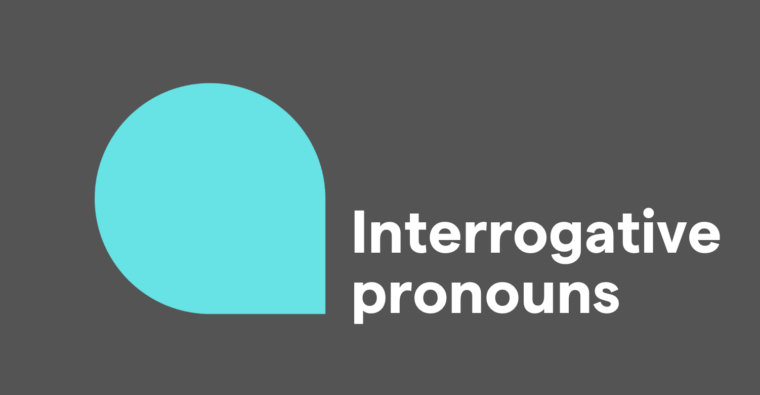The rules governing verb tenses are dictated by logic; an action in the future obviously cannot happen before an action in the past. In writing, it’s a matter of looking at your clauses and sentences and determining when each action is happening relative to everything else. The past must come before the present, and the present before the future, etc. Pay particular attention to the verb sequence when you have a dependent clause before an independent clause, or a result clause before the if-clause.
When an independent clause is in the past tense, any dependent clauses must also be written in the past tense, not the present tense or the future tense. Consider the example below for an illustration of this rule:
Because the tense of the independent clause is in the past (was bathing), the verb in the dependent clause should also be in the past, as illustrated in the sentence below:
As with many rules in English, however, there is an exception. In cases where a universal truth is conveyed, the present tense may be used after the past tense. Consider this example:
The fact that handwashing prevents infection is a universal truth that doesn’t change with time, so it can be expressed in the present tense. Of course, the rule regarding the sequence of tenses doesn’t mean that the actual verbs have to be in chronological order, just the actions. We can put the dependent clause at the beginning of the sentence, as illustrated below:
It’s alright to have the future tense (will continue) before the present tense (gets) because the temporal conjunction (when) shows that the second action actually happens first.






